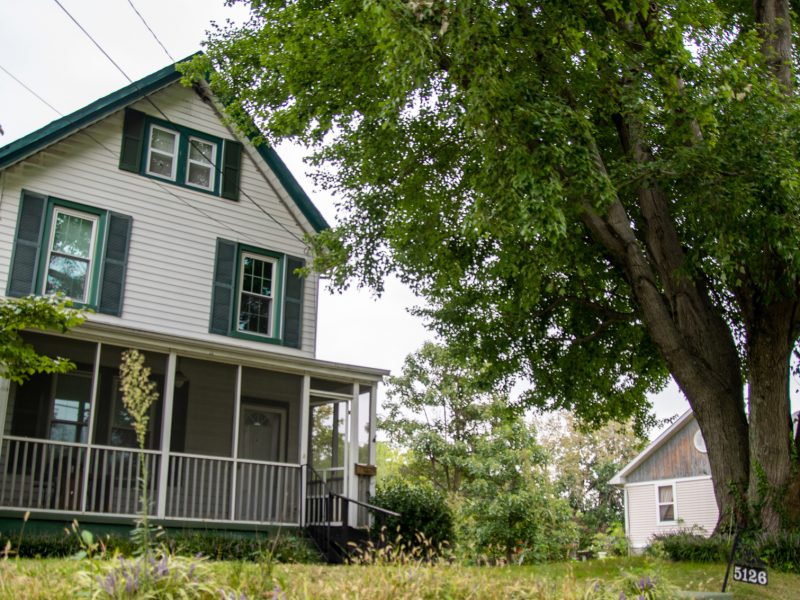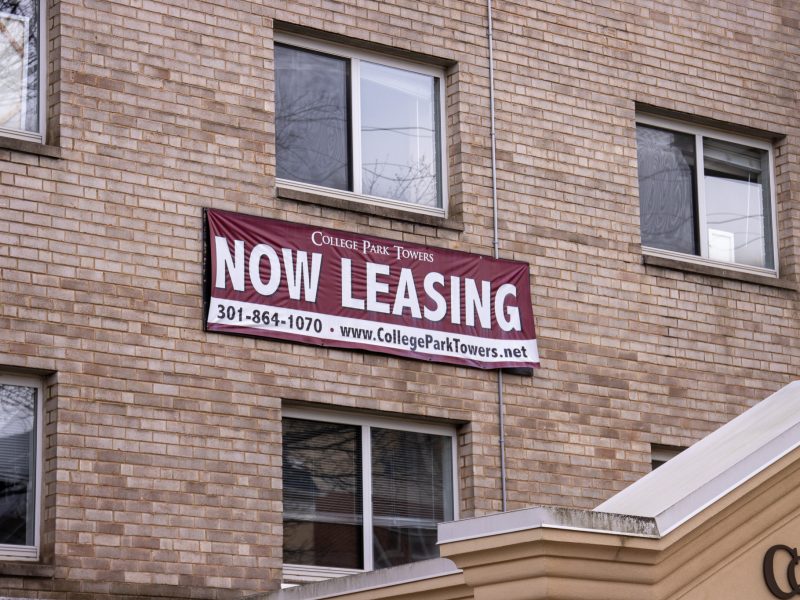Those looking to give back and continue to revitalize the city of College Park can now donate to the College Park City-University Partnership’s homeownership program in return for tax credit, said Eric Olson, the partnership’s executive director.
The partnership’s homeownership program, which launched in summer 2015, aims to increase the number of University of Maryland and city employees living in College Park, according to the partnership’s website.
The program provides $15,000 in zero-interest, 10-year loans to full-time city or university employees looking to buy a home in the city, Olson said.
On Oct. 27, the organization announced a tax credit donation initiative, which allows people to donate to the partnership and receive tax credits equal to “50 percent of the value of the donated money, goods or real property,” according to their website.
The Community Investment Tax Credit Program awarded the partnership $20,000 in tax credits, according to its website.
A person must donate a minimum of $500 in order to receive a tax cut, Olson said.
The donation incentive will end when the organization runs out of tax credits to give, which would happen if it received more than $40,000 in donations.
Olson said he hopes these tax cuts and this program will encourage more people to live in the city — a goal outlined in the University District Vision 2020, an initiative focusing on redeveloping this city into a top 20 college town.
“It means shorter commutes,” Olson said. “It means people spending more time in their community, it means more customers are around for local businesses, [it] helps stabilize neighborhoods.”
The partnership first heard about an opportunity for a tax cut program through the state of Maryland’s Department of Housing and Community Development, Olson said.
“We thought, ‘Hey this is a great opportunity to raise additional dollars for the homeownership program,'” he said. “We know there’s a lot of support of what we’re doing in the community [and] we look forward to raising the money.”
There are members of the campus community who have participated in this program, such as sociology professor Long Doan, who added that the program and tax cuts are a “great way to revitalize the city.”
“It’s good way to invest in the community,” said Doan, a first-time homebuyer. “As someone who’s gone through the program, it’s a really nice program … It’s an easy process if you want to encourage more faculty and staff to live near campus.”
College Park Mayor Patrick Wojahn and Doan both noted that they hope this program will not only reduce the amount of traffic on Route 1, but that it will also continue to build the city’s community.
Wojahn noted that building this community with faculty and staff members is “really something we’re trying to focus on.”
The partnership received an award for its homeownership program in October from the Community Development Network of Maryland, a state-wide organization, for significant community development impact.
“People tell us they were originally looking elsewhere … anywhere in a 25-mile radius,” Olson said. “But our program has made the difference in people choosing College Park in some instances, and that feels good.”



